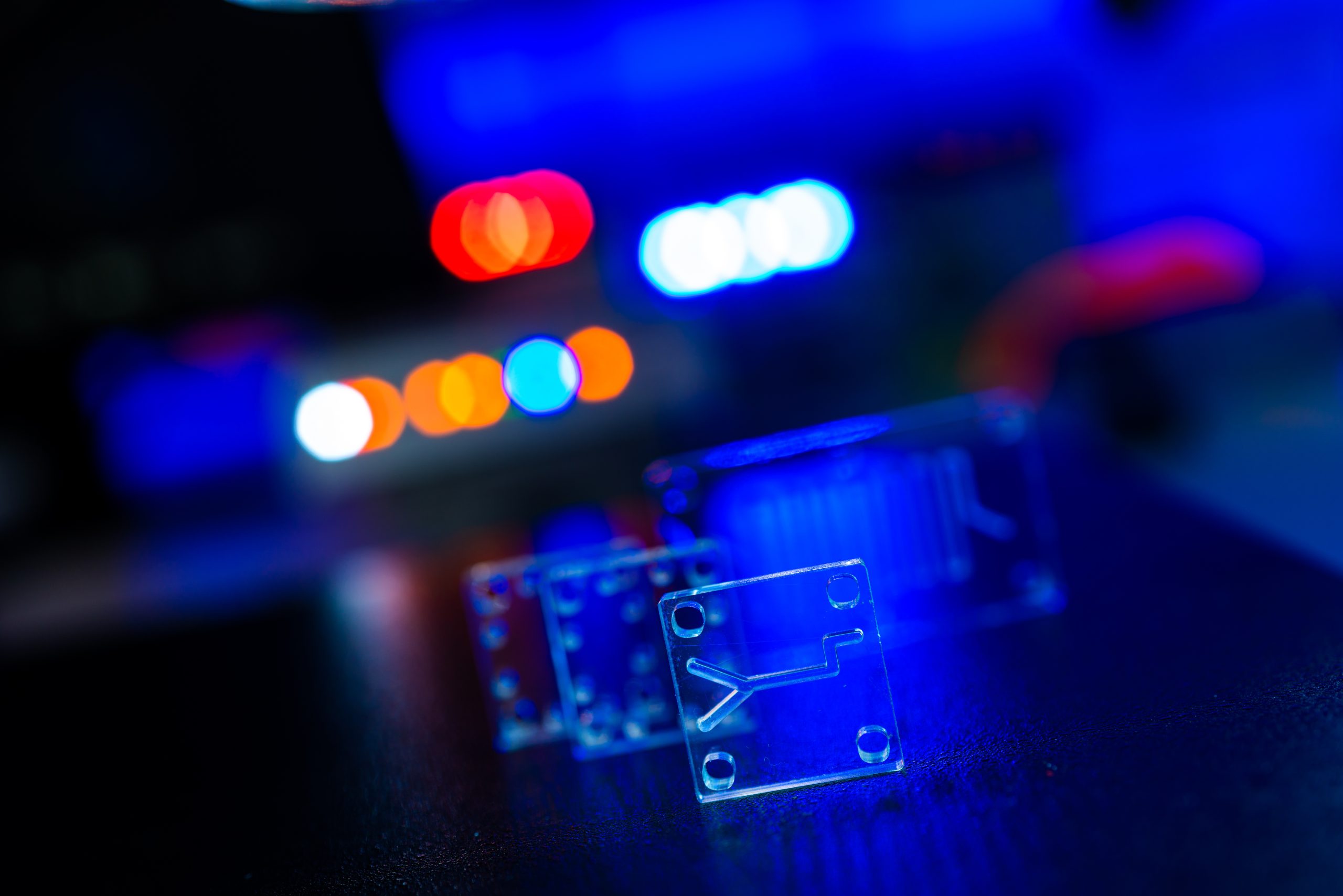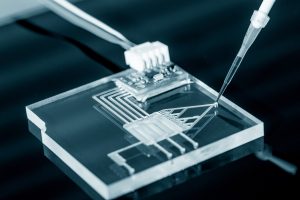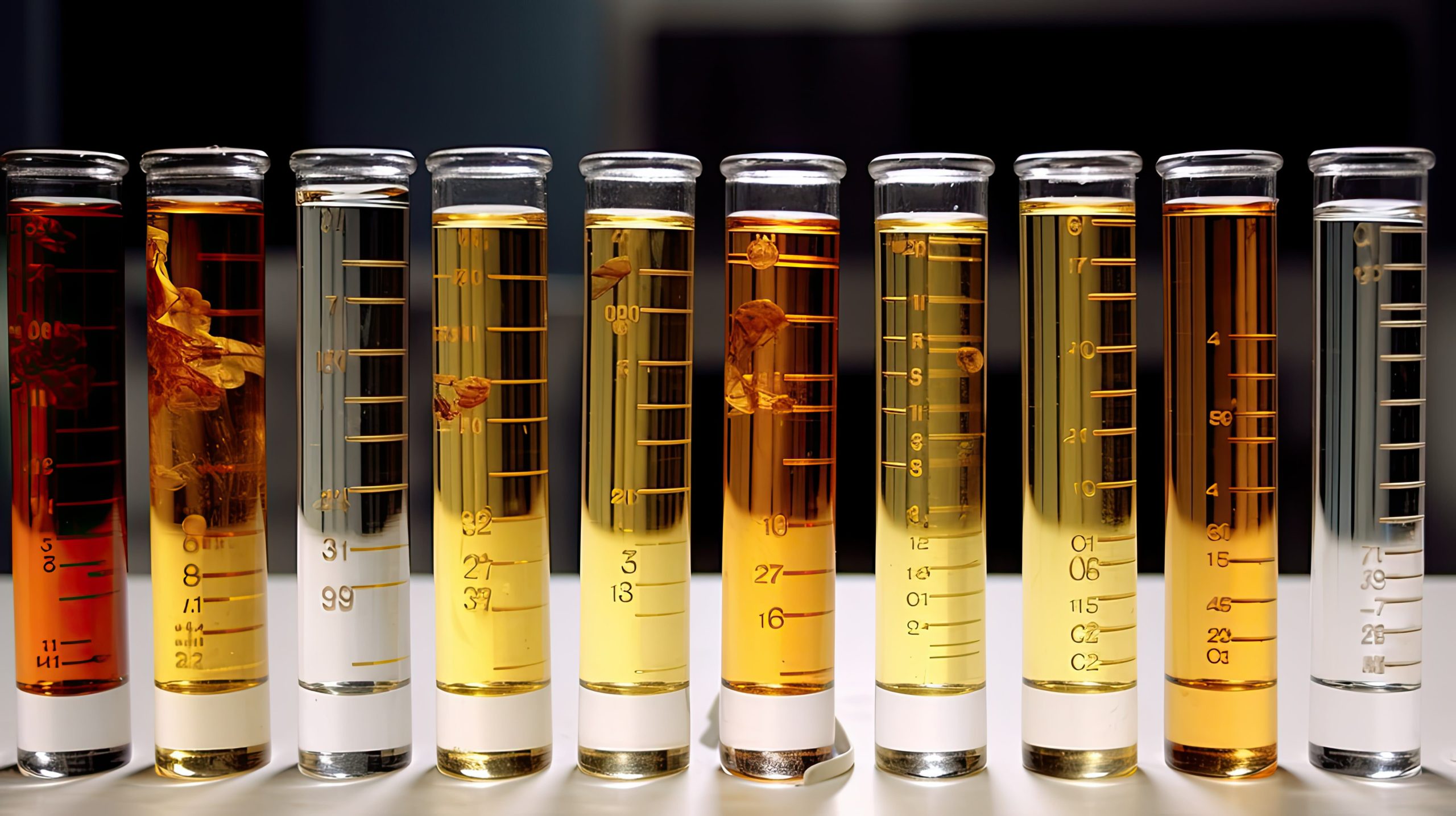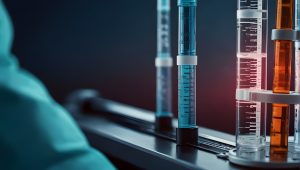Microfluidic Impedance Technologies
Developing Microfluidic Impedance Technologies for low cost, automated microscale sample preparation and analysis for both on site and in-field applications.
Our Products
NU MICrofluidics is a research group at Newcastle University which are working on multiple stage microfluidic devices which can be integrated into a portable device to be used for in-field analysis of fluids across numerous industries.
Our products are designed specifically for your application, to provide a detailed impedance spectrum analysis of fluid suspended samples.
Our multiple stage device design ensures accurate and comprehensive analysis with built in sample preparation and analysis; removing the requirement for expensive, lab-based analysis equipment and the requirement for any specialist training.




Market Challenge
Presently, Diagnostics based on microscale liquid analysis tests are carried out in centralized laboratory settings using expensive cytometers or using manual, microscopic methods which are highly vulnerable to error and lack repeatability.
We are focused on producing portable, multi-stage devices which are capable of taking a raw sample, diluting and separating then carrying out label free analysis using microfluidic impedance cytometry in order to provide detailed analysis of the entire contents of the sample.
Our technology utilizes a simple to manufacture, lab-on-chip design of Microfluidic Impedance Cytometer with built in sample preparation in order to miniaturize and automate the conventional microscale analysis tools to be portable and simple to operate
Target Segments
Medical Sector
Our label free analysis methods can be applied to carry out detailed measurements of blood cells and bacteria, with minimal sample preparation and automated analysis.
Industrial Sector
Our technology can be utilised for condition monitoring applications, in order to carry out sampling and analysis of lubricating oil and transformer oils as part of an effective maintenance programme.
Water Analysis
Impedance cytometry also has proven applications in water quality monitoring, with this technology being capable of detecting and quantifying bacteria and microplastics in a sample.
Your Feedback Counts
Meet Our Team

Michael Warren

